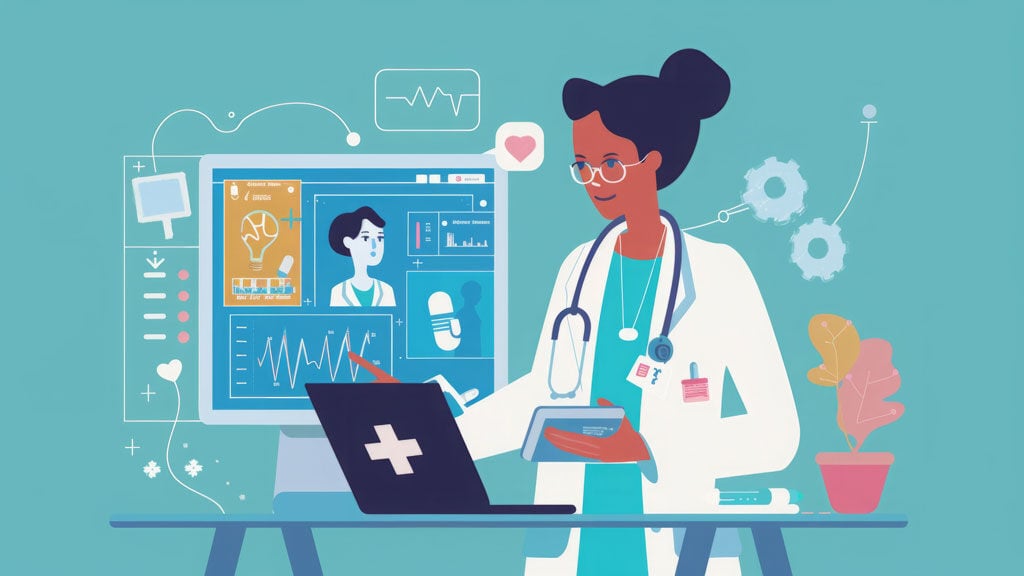I don’t like peanut butter and jelly sandwiches. In fact, I really don’t care much for anything that uses peanut butter straight from the jar. Please don’t offer me a piece of celery filled with peanut butter. It’s just not my thing. I don’t have anything personally against peanut butter, and in fact, enjoy the flavor when mixed in other treats. However, I just have a real aversion to peanut butter and jelly sandwiches, and after many years and much thought, I think I figured out why.

I am an only child and grew up without a mother. My grandmother and other people were there to help, but it just wasn’t the same. I never grew up with the typical peanut butter and jelly lunches and feel my aversion to peanut butter is rooted in my childhood.
My mother chose to leave when I very young, and I survived, but it affected me in many ways. When it comes to abductions, the common perception is that it affects the parents and the hospital, and rightfully so. The parents are devastated, worried, saddened, and very scared. The hospital is worried that they will face financial repercussions. While these two groups are rightfully at the center of discussion when considering whether to purchase and Patient Security System, they are not the only ones affected if a child gets abducted.
First, and most obvious, the child itself is affected. From the very beginning, there is a very real potential of death as often an infant is put into a bag, or completely covered up. If they do survive this, there is additional trauma as the abductor tries to escape and hide from those who are pursuing them. If they succeed, that child must grow up in a home that may or may not have two parents, and that new “parent” may not be the best parent. There may be continued trauma in the child’s life for years even if they are later found.
Nurses are also affected. I have been visiting hospitals across the Midwest for the past nine years. One thing rings true. Obstetric and Pediatric nurses are extremely committed to the care and welfare of their patients. I remember when we had our first child. My wife’s labor was clearly going past the attending nurse’s shift, and it was time for her to leave, but it was very close for the baby to be delivered. This nurse cared so much, she stayed past her shift to see our baby delivered.
The National Center for Missing and Exploited Children (NCMEC) did a study a few years back. They discovered that those nurses that are working during an abduction often will either change professions or at least move to another type of unit. They care so much that such an event affects them very deeply.
Of course, if an abduction occurs, multiple other people are also involved. I have yet to meet a security director that does not have an incredible sense of personal ownership of the facility that he or she is responsible for. These men and women “bleed” if something happens on their watch. They want the best for every patient in their facilities.
IMS has been delivering Patient Security Systems to hospitals since 1999. We chose the Hugs System because it offers multiple layers of security, and because when added to a watchful staff and well written policies that are put into place and followed, it gives the hospitals the best chance to prevent abductions from occurring. We have been doing this for all these years because we understand that first, patients need to be protected. But, we also understand, that if an abduction occurs, the effects are widespread, and many people are involved. We care for people and we want to offer solutions to help keep patients safe.
The next time you sit down to eat a peanut butter and jelly sandwich (assuming you like them), ask yourself a question. How are the decisions your hospital has made for Patient Security affecting other people? If the answer to those questions leads you to needing information about the nation’s leading Patient Security System, the Hugs System, call IMS and let us help you today.


